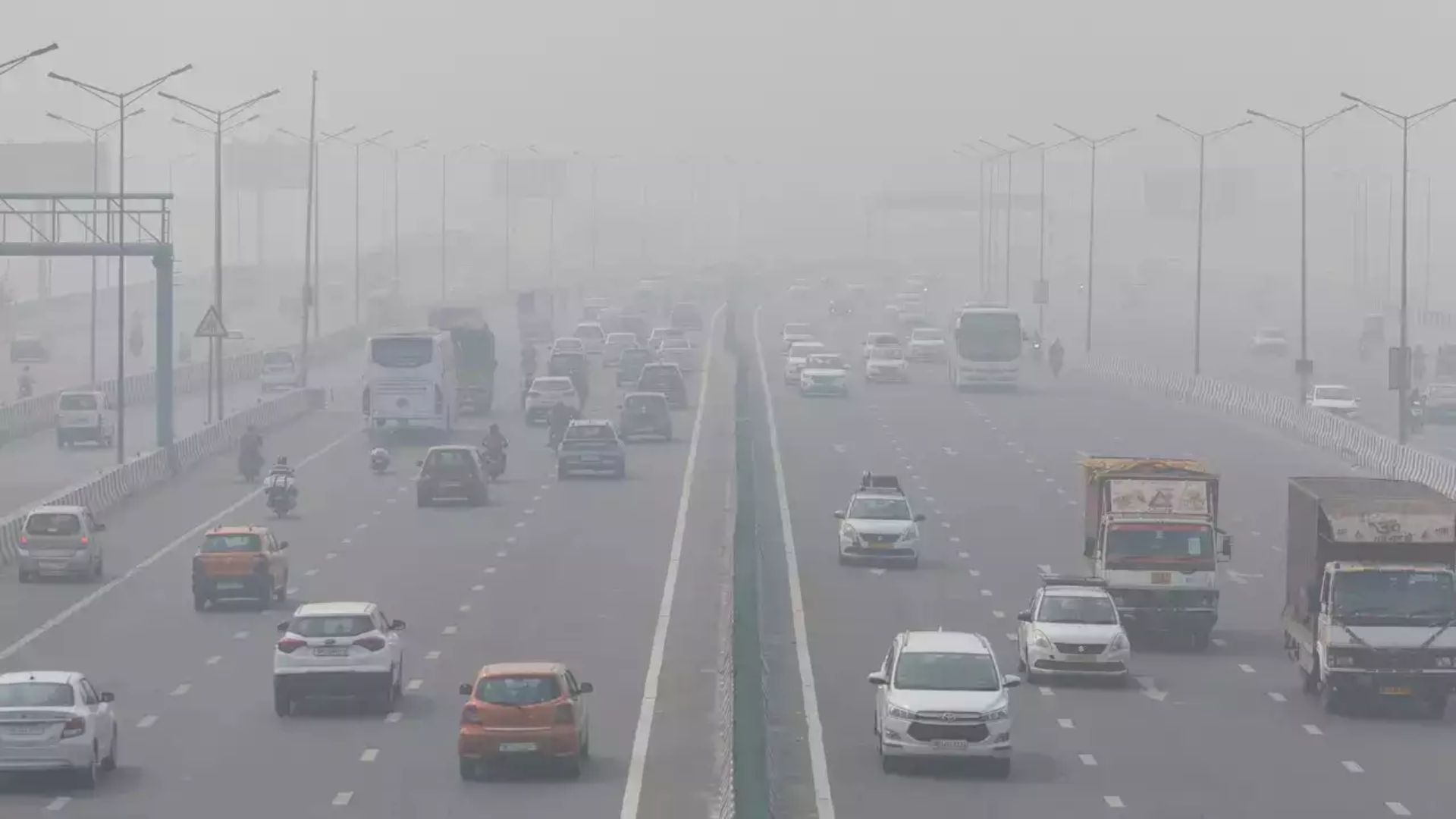For the eighth consecutive day, Delhi’s air quality remained in the “very poor” category, with an Air Quality Index (AQI) of 311 on Sunday. According to the Air Quality Early Warning System, unfavourable weather conditions are likely to maintain these levels for at least the next three days, leaving residents grappling with toxic air and associated health risks.
Current AQI
The Central Pollution Control Board (CPCB) reported Delhi’s 24-hour average AQI at 346 on Saturday, a slight increase from 331 on Friday. Among the 37 air quality monitoring stations in the city, many reported AQI levels exceeding 300, marking “very poor” conditions.
Some of the most affected areas included Mundka with an AQI of 360, Anand Vihar at 342, and ITO at 321. The six AQI categories range from ‘Good’ (0-50) to ‘Severe’ (401-500), with the “very poor” category (301-400) indicating a heightened risk of respiratory illnesses for prolonged exposure.
Despite the current conditions, the air quality has shown some improvement compared to the hazardous levels witnessed in previous weeks. This reduction followed the implementation of emergency measures under Stage 4 of the Graded Response Action Plan (GRAP-IV).
GRAP-IV Restrictions in Effect
GRAP-IV, the most stringent level of the plan, mandates significant restrictions to curb pollution. These include:
- A complete ban on construction and demolition activities.
- Suspension of operations in industries emitting high levels of pollutants.
- Prohibition of non-essential truck entry into Delhi, except for vehicles transporting essential goods or using cleaner fuels such as CNG, LNG, BS-VI diesel, or electricity.
While these measures have slightly eased pollution levels, the Supreme Court has emphasized the need for stricter enforcement. The court has warned that officials failing to implement these measures will face legal consequences.
AQI’s Impact on Education and Workers
In a move to balance health concerns with societal needs, the Supreme Court has allowed schools to remain open for physical classes under GRAP-IV. However, it declined to relax restrictions under GRAP-3 or GRAP-2, citing the persistent “very poor” AQI levels.
The court has also directed state governments to utilise the labour cess collected to support construction workers impacted by the ongoing ban on construction activities. This decision aims to provide relief to thousands of workers facing financial hardships due to the restrictions.
With no immediate respite expected, authorities continue to urge residents to adopt practices that can mitigate pollution. These include minimizing the use of private vehicles, avoiding outdoor physical activities, and using air purifiers indoors.




